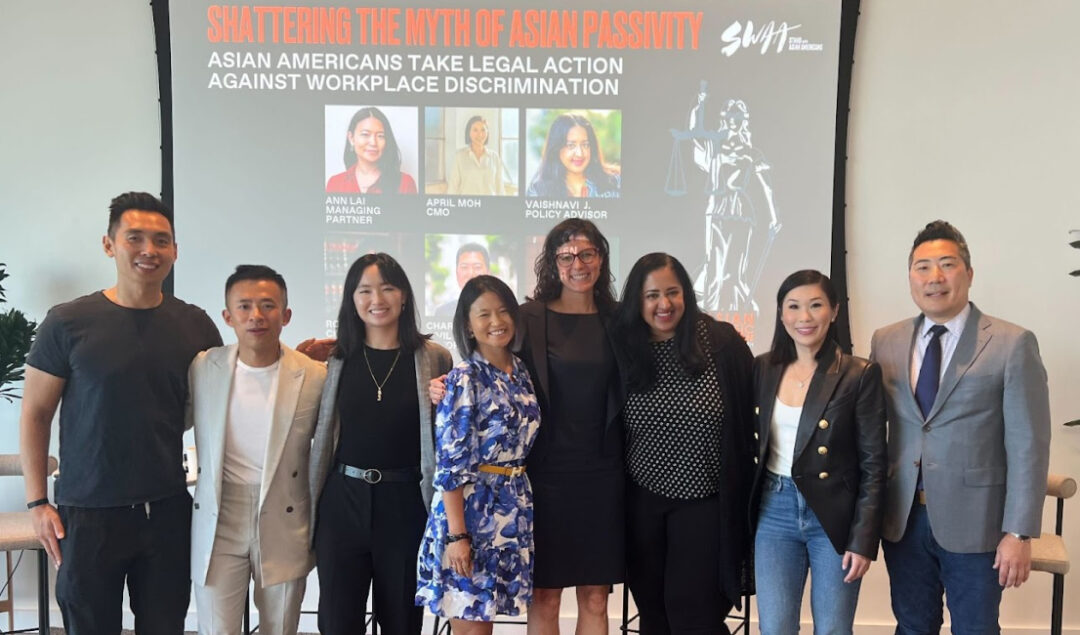Meta, the tech giant formerly known as Facebook, is under scrutiny for using public Instagram posts to train its generative AI model without notifying users in Latin America, according to Rest of the World. The company’s decision has particularly impacted artists in the region, who rely heavily on social media to showcase their work but cannot opt out of this data usage. Lack of Notification and Opt-Out Options On June 2, many Latin American artists discovered that Meta had not informed them about its plans to use their public posts
The Ford Foundation is committing more than $20 million to enhance the field of public interest technology. This initiative includes up to $1.5 million specifically earmarked for the establishment of a pioneering public interest technology institute at a Historically Black College or University (HBCU). Advancing Technology for Public Good The invesment was announced as part of the Biden-Harris Administration’s efforts to advance a diverse and inclusive tech ecosystem at an event by the White House Office of Science and Technology Policy (OSTP). As well as celebratinh the vital role of
Escala, a CRM platform for Hispanic small and medium-sized businesses (SMBs), has raised $12 million in its latest funding round. This milestone, led by IGNIA and Alaya Capital, marks a step in the company’s mission to empower Hispanic businesses in the United States and Latin America. High Alpha and other investors also participated in the round. Revolutionizing SMB Marketing and Sales Founded by renowned tech entrepreneur Andrés Moreno, also the founder of Open English, Escala offers a marketing and sales platform. The platform addresses critical challenges faced by Hispanic SMBs
Stand with Asian Americans (SwAA), the nation’s premier civil rights organization dedicated to combating anti-Asian workplace discrimination, has introduced its Workplace Justice Fund. The fund aims to provide legal support and resources for Asians in America facing workplace discrimination. The Workplace Justice Fund The Workplace Justice Fund aims to raise $1 million by year-end, having already secured $100,000 from anonymous donors. This initiative arrives at a crucial moment, with recent studies indicating that Asian American and Pacific Islander (AAPI) employees are considering lawsuits at higher rates than other employees of
Microsoft’s recent decision to lay off its Diversity, Equity, and Inclusion (DEI) team due to “changing business needs” has stirred controversy within the company, Business Insider reports. Internal Email Criticizes Microsoft’s Commitment A prominent leader from the DEI team, whose identity has been confirmed by Business Insider, sent an email to thousands of Microsoft employees. The email criticized the company for deeming DEI work “no longer business critical or smart” as it was perceived in 2020. This message resonated strongly across the organization, reflecting a sense of betrayal among employees
Business leaders have acknowledged that their companies are lagging behind in their diversity efforts, according to a new report by The IN Group. The “UNLOCKED: Tech and the Boardroom” report surveyed 705 C-level executives in the UK, US, Germany and Netherlands. In today’s competitive business environment, diversity, equity, and inclusion (DEI) have become critical components of organizational success, however companies are falling behind. We’re falling behind, Say C-level execs In the report, 3 in 4 (76%) respondents confirmed that they have a diversity and inclusion strategy in place when it
Dwight Jackson, a 27-year-old Black man, has filed a lawsuit against the Shinola Hotel in Detroit, Michigan, after he found changing his name on a resume led to a job interview. According to Detroit News, the lawsuit alleges that Jackson was initially denied a job interview due to his real name but was subsequently offered an interview after changing his name on his resume to “John Jebrowski.” This act led Jackson to take legal action, claiming that the hotel’s hiring practices violated the Michigan Elliott Larsen Civil Rights Act. “John
Operation HOPE and OpenAI CEO Sam Altman have launched an AI Ethics Council to help ensure marginalized poplations and people of color are included in the AI developments. The announcement comes amid criticisms of OpenAI, Meta, and other major players in the AI space lacking diversity on their boards and decision-making bodies. A Historic Partnership According to a press release, OpenAI’s partnership with Operation HOPE, a leading nonprofit dedcated to financial literacy for underserved communities, began with a listening tour at Clark Atlanta University in spring 2024. During this tour,
The World Economic Forum (WEF) and its founder, Klaus Schwab, are facing a lawsuit from a Black employee in New York over allegations of racial and pregnancy discrimination. Topaz Smith, a policy expert, claims that upon her return from maternity leave, she was informed her position was being eliminated and was replaced by a non-pregnant white woman, according to Bloomberg. Allegations of Systemic Discrimination Smith’s lawsuit accuses the WEF of systematically discriminating against Black employees, citing instances where Black staff were kept away from attending the annual Davos conference. Instead
Girls in Tech Inc., a global nonprofit focused on advancing women in technology, has closed due to insufficient funding. Founded in 2007 by Adriana Gascoigne, the organization aimed to bridge the gender gap in the tech industry, providing resources and opportunities for women and allies worldwide. Despite its significant presence, with 130,000 members in 50 cities and 38 countries, the organization has struggled financially over the past few years. Relocation and Financial Struggles In 2022, Girls in Tech moved its headquarters from San Francisco to Nashville, a strategic shift intended













